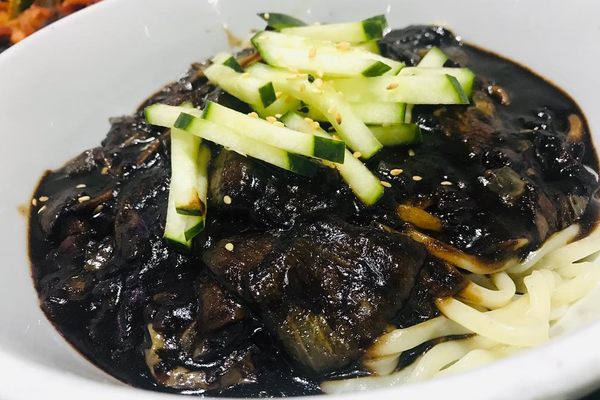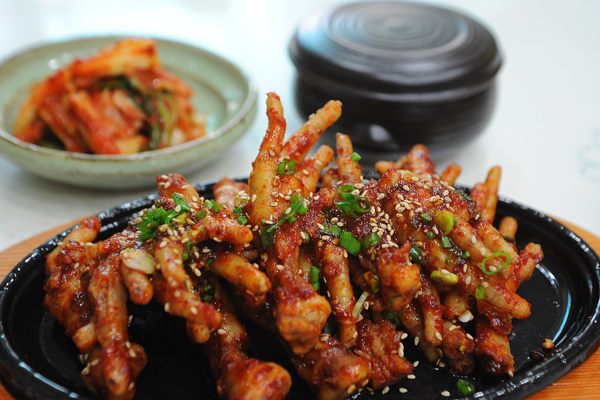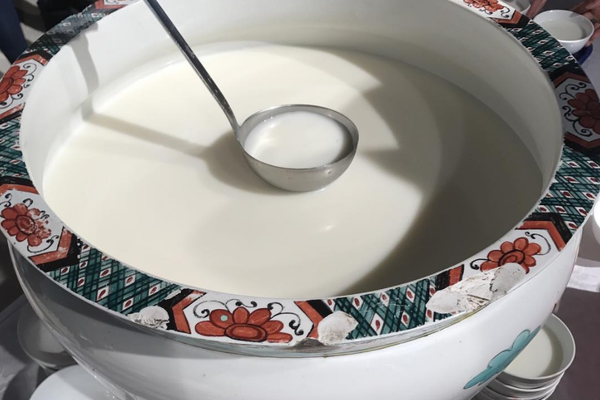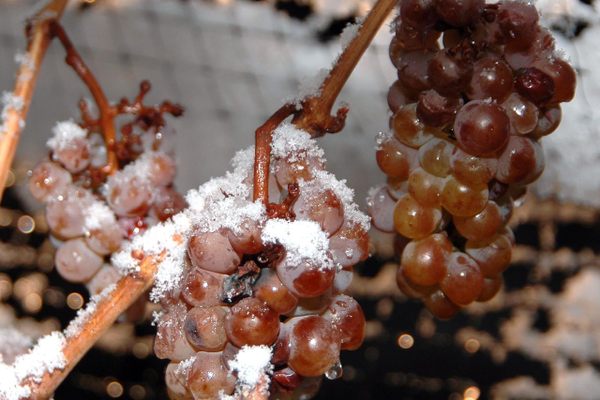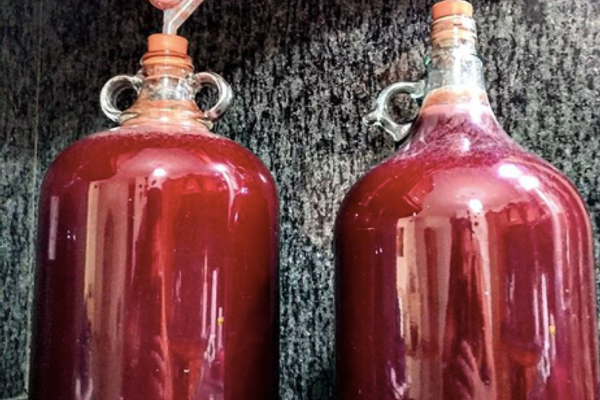Makgeolli’s number was almost punched. In the 1980s, the fizzy, tangy-sweet rice wine lost its status as South Korea’s favorite alcohol. The reason was hidden in another name for the ancient drink, nongju, which means “farmer’s alcohol.” Makgeolli has a 2,000-year history and is considered the country’s oldest alcoholic beverage, but to most Koreans, it called up the image of field workers having a lunchtime drink.
So for decades, fans of makgeolli (pronounced mahk-oh-lee) were mostly farmers and the elderly. With its low alcohol content (around 6 to 8 percent), refreshing flavor, and wealth of the gut-friendly bacteria lactobacilli, it was a safe, relatively healthy choice.
In the last decade, thanks to drinkers looking for a lighter, healthier alternative to stronger soju and beer, makgeolli has experienced a resurgence in South Korea. Plus, the newfound vogue has been helped along by federal campaigns aiming to raise interest in traditional culture (that includes booze). Restaurants throughout Seoul feature various styles of the rice wine, with chefs noting that its acidity and slight carbonation pair especially well with the spicy, sweet, and sour flavors of Korean cuisine. Some mixologists even blend the milky beverage into cocktails as a substitute for egg whites.
Makgeolli is made with rice, water, and a yeast-containing dried wheat mixture called nuruk. One of the reasons for its millennia-spanning popularity is its relative simplicity to make, needing just a few days to be ready for sipping. As the drink slowly gains popularity outside its home country, some restaurants are starting to make their own fresh makgeolli. Exported bottled versions, however, are far more common. Fans think that the pasteurization necessary for export deadens some of makgeolli’s flavors. Nevertheless, bottles are easy to find in Korean restaurants and bars, both at home and abroad. If you look hard enough, you can find fresh, homemade makgeolli as well.
Where to Try It
-
Also known as ㅎ, this bar offers an incredibly diverse selection of makgeolli. Each page of their menu is devoted to a different style, offering photos, ABV, and a brief history. If you can't pick one, you can order a sampler of five styles.
-
Girin Korean Ssam Bar
501 Stadium Place South, Seattle, Washington, 98104, United StatesThis Korean restaurant in Seattle's Pioneer Square is one of the few places in the United States that makes its own makgeolli. They offer a light version and a slightly stronger version.
Written By
 Anne Ewbank
Anne Ewbank
Sources
- www.thrillist.com/drink/seattle/makgeolli-girin-korean-restaurant-seattle
- www.seattletimes.com/pacific-nw-magazine/after-a-few-explosions-a-restaurant-owner-has-perfected-koreas-oldest-alcoholic-beverage/
- imbibemagazine.com/makgeolli/
- www.girinseattle.com/drinks
- www.eater.com/drinks/2017/2/20/14645442/makgeolli-korean-rice-wine
- www.korea.net/NewsFocus/Culture/view?articleId=102207
- www.seoulfoodie.com/blog-1/damatori-h-makeoli








